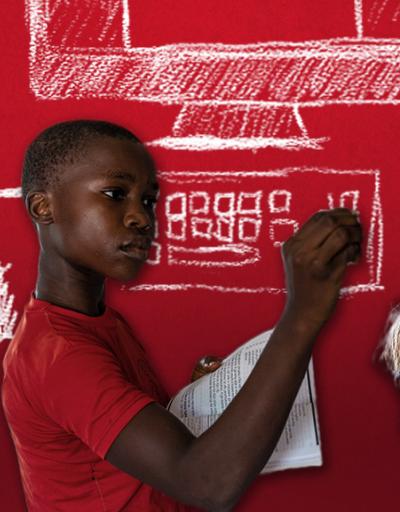
UNESCO
- Home
- Country Overviews
- Global Cooperation
- Global Initiatives
- About
- Greening Education Partnership
- Gateways to Public Digital Learning
- The Coalition for Foundational Learning
- Education in Crisis Situations: Partnership for Transformative Actions
- Global Platform for Gender Equality and Girls’ and Women’s Empowerment in and through Education
- Global Youth Initiative
- Resources & Good practices
- Youth & Student Engagement


